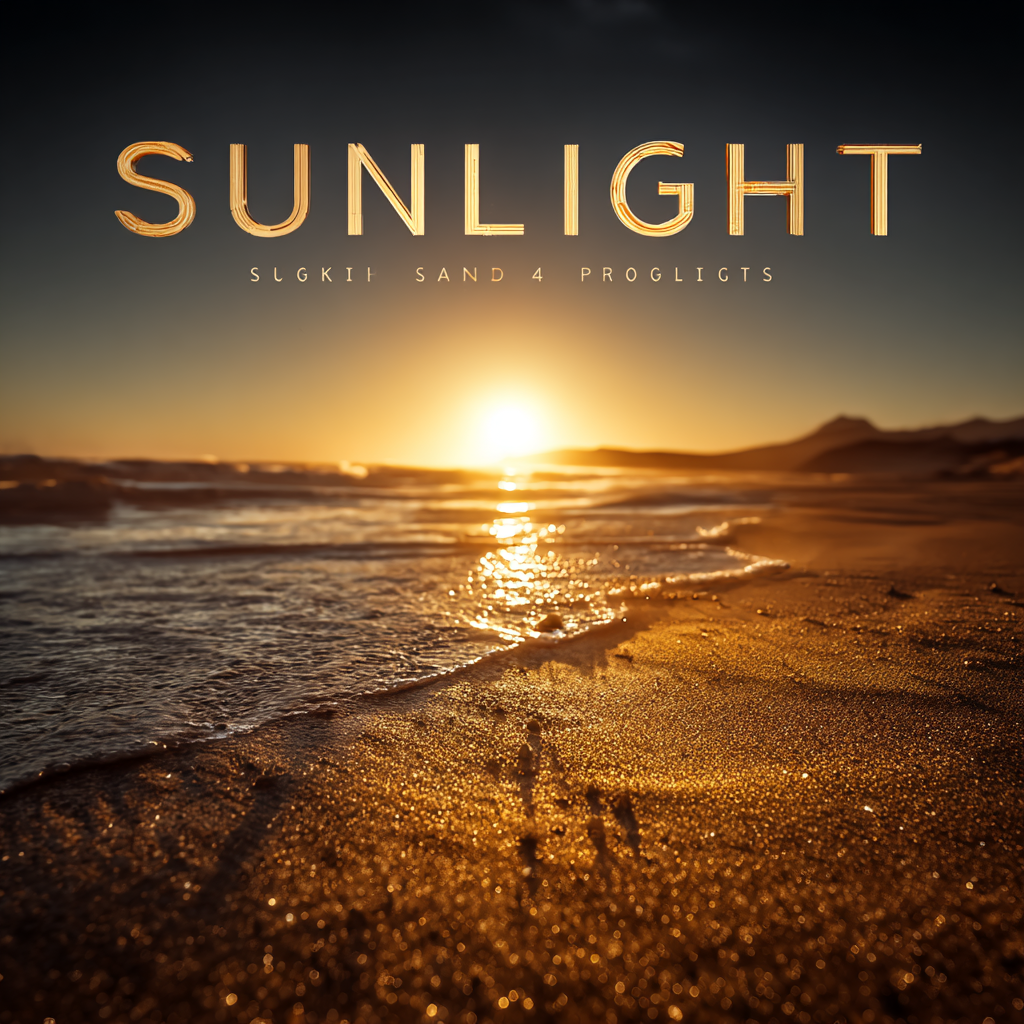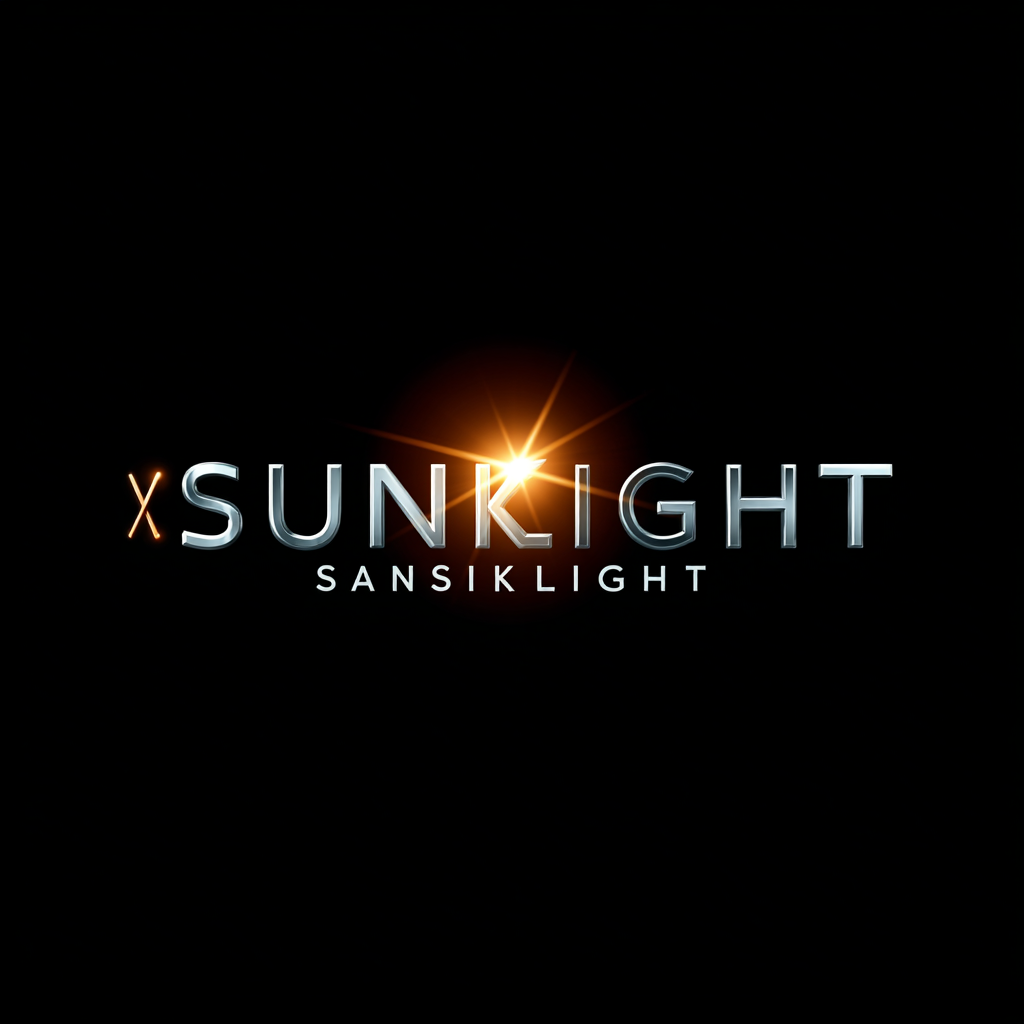Choosing the Right Manufacturer for the Best Sunlight Light Products
In an era where sustainability and efficiency are at the forefront of technological advancement, choosing the right manufacturer for sunlight light products is crucial for both consumers and businesses alike. As the demand for energy-efficient lighting solutions continues to rise globally, it becomes essential to source these products from reputable manufacturers known for their quality and reliability. This blog will explore the significance of selecting the right factory, particularly those in China, renowned for offering superior products that meet international standards.

By focusing on crucial factors such as production capabilities, certifications, and customer support, we aim to guide you in making informed decisions that not only enhance your lighting experience but also contribute to a sustainable future. Join us as we delve into the key elements that define a trusted manufacturer of sunlight light products, ensuring you get the best value and performance for your investment.
Understanding the Importance of Technical Specifications in Sunlight Light Products
When choosing the right manufacturer for sunlight light products, understanding the technical specifications is crucial. Technical specifications provide insights into how a product can perform under various conditions, directly influencing its efficiency and reliability. For instance, the wavelength of light emitted by these products can affect their capability to support Vitamin D synthesis in the human body. As both a nutrient and a hormone, Vitamin D's function in enhancing calcium absorption is paramount, emphasizing the need for quality products that can deliver appropriate light levels.
Moreover, selecting a manufacturer that prioritizes detailed technical specifications ensures that users receive products designed to meet specific needs. It’s essential to consider factors such as luminosity, energy consumption, and spectral distribution when evaluating sunlight light products. These specifications can significantly impact not only user satisfaction but also health and wellbeing outcomes. With increasing awareness of the importance of Vitamin D, investing in high-quality, well-specified sunlight light products becomes an essential consideration for both health-focused individuals and manufacturers aiming to meet consumer demands effectively.
Sunlight Light Products - Technical Specifications Comparison
Key Factors to Consider When Evaluating Manufacturers for Quality Lighting
When selecting a manufacturer for high-quality sunlight light products, several key factors should be carefully evaluated to ensure that the products meet industry standards. One crucial aspect is the manufacturer’s adherence to certifications and standards such as ISO 9001, which indicates a commitment to quality management systems. According to a report from the Lighting Research Center, manufacturers with robust quality assurance protocols are 30% more likely to produce reliable lighting products with lower defect rates. This is vital in an industry where product failure can lead to customer dissatisfaction and significant financial losses.

Another important factor is the manufacturer’s technological capabilities and innovation. A study by the U.S. Department of Energy found that advanced LED technologies can improve energy efficiency by up to 50% compared to traditional lighting solutions. Thus, partnering with a manufacturer that invests in cutting-edge technology can not only enhance product performance but also align with sustainability goals that are increasingly important to consumers. Additionally, assessing the manufacturer's supply chain transparency and materials sourcing can provide insight into their commitment to sustainability, with 75% of consumers expressing a preference for eco-friendly products per a McKinsey & Company survey. This commitment can further enhance brand reputation and market competitiveness.
Comparative Analysis of Different Sunlight Light Technologies and Their Parameters
When selecting the right manufacturer for sunlight light products, it's essential to delve into the technological specifics that can make a significant difference in performance. A comparative analysis of different sunlight light technologies reveals the importance of power-controllable LED systems, which can be tailored to meet the specific needs of plant cultivation. These systems not only enhance plant growth but also allow for precise adjustments in light intensity, thereby optimizing energy use and ensuring healthy development.
Tips for choosing the right technology include examining the efficiency ratings of the light source, the spectrum of light emitted, and the ability to control power output. It's also beneficial to look for manufacturers that offer flexibility in design, such as modular systems that can adapt as cultivation needs change.
Furthermore, understanding the impact of solar power generation through various techniques, including conventional and digital Maximum Power Point Tracking (MPPT), is crucial. By selecting technologies that maximize energy yield, growers can enhance productivity while reducing costs. Always review the manufacturer’s track record in innovation and customer service for sustainable partnerships that support long-term growth.
How to Verify the Technical Details Provided by Manufacturers or Suppliers
When choosing a manufacturer for sunlight light products, verifying the technical details provided is crucial to ensure product quality and compliance with standards. Start by assessing the manufacturer’s credentials, certifications, and production capabilities. Engaging in direct communication with suppliers allows you to ask detailed questions about their manufacturing processes, materials used, and testing protocols. This proactive approach not only fosters transparency but also helps establish a rapport with potential partners.
In the current business landscape, where supply chain integrity is paramount, implementing practices for continual verification is essential. Utilizing platforms that focus on verifying suppliers can significantly strengthen your supply chain. Regular monitoring of supplier compliance with regulatory standards can mitigate risks associated with product safety and reliability. By adopting these verification strategies, businesses can enhance their operational effectiveness, ensuring that they source high-quality products while building trust with their customers.
The Role of Certifications and Standards in Choosing Sunlight Light Products
When selecting sunlight light products, understanding the significance of certifications and standards is crucial. Certifications play a vital role in assuring consumers that the products they are considering meet certain quality and safety benchmarks. For instance, certifications from recognized organizations can indicate compliance with international standards, ensuring that the products are efficient and environmentally friendly. This not only enhances consumer trust but also aligns with global sustainability efforts.

Moreover, different certifications often indicate specific features of sunlight light products. For example, products that boast Energy Star certification are recognized for their energy efficiency, while those with UL certification have been tested for safety. By focusing on these standards, consumers can make informed decisions, leading to investments in products that deliver optimal performance while adhering to safety regulations.
Ultimately, prioritizing certifications is key to selecting the right manufacturer and ensuring the quality and reliability of sunlight light products.
